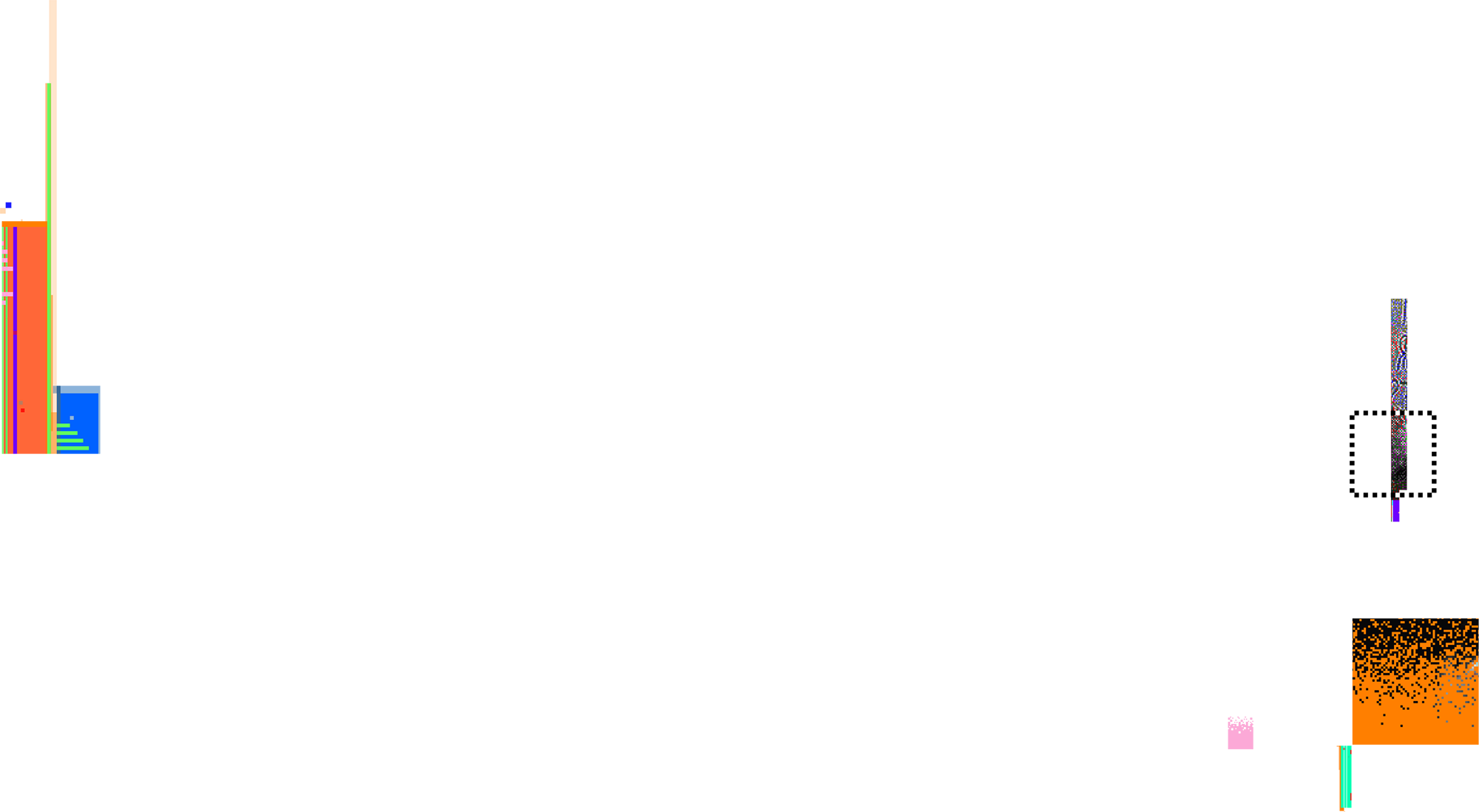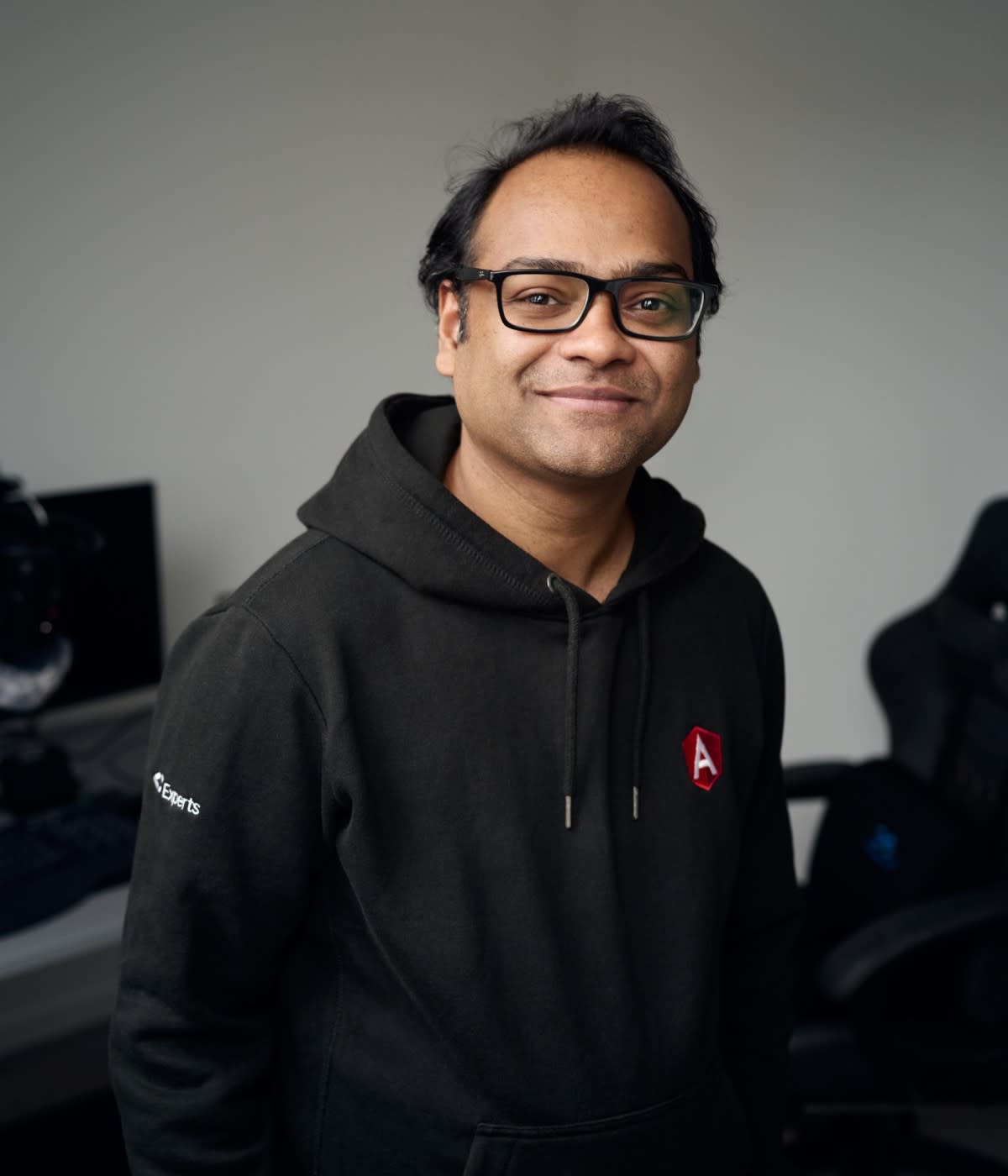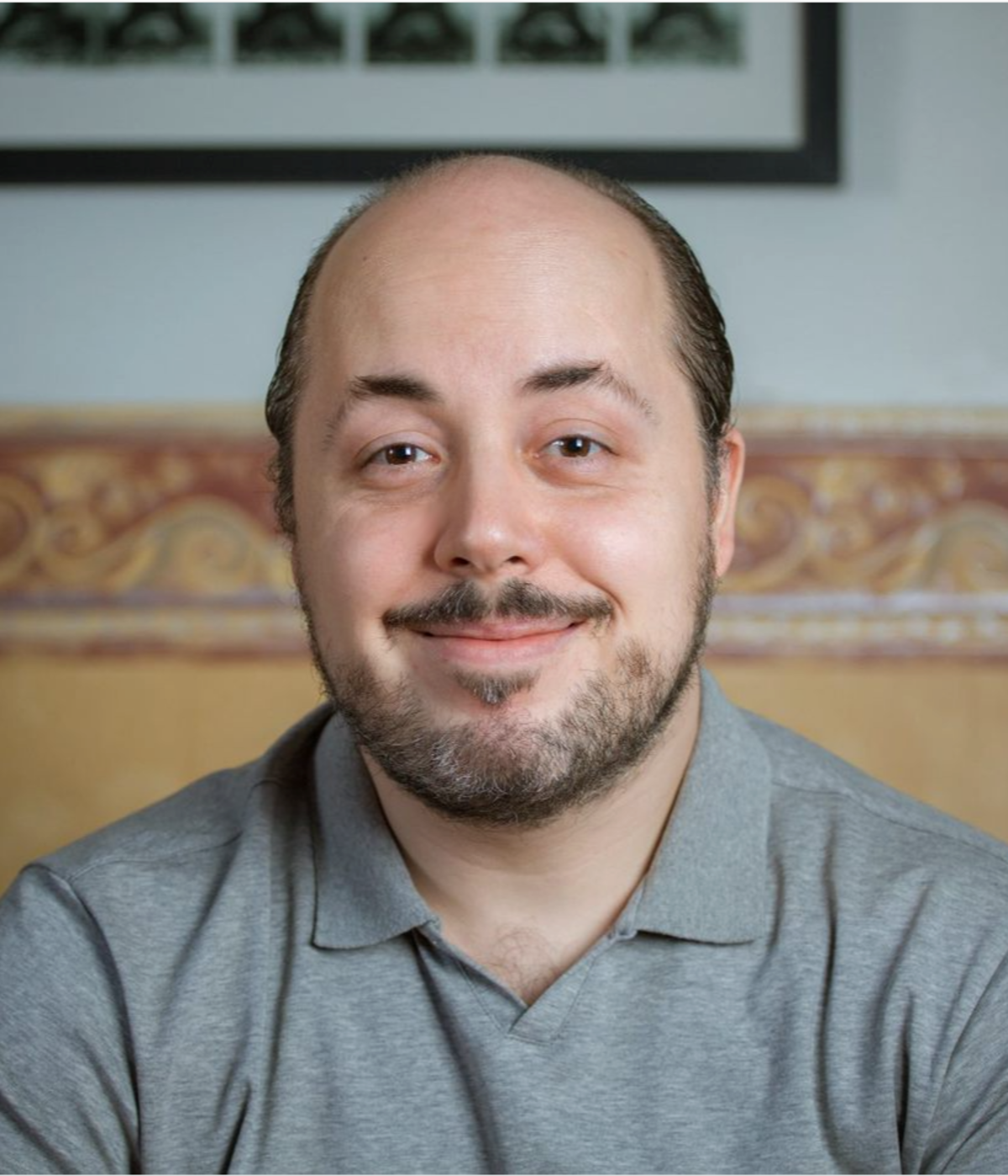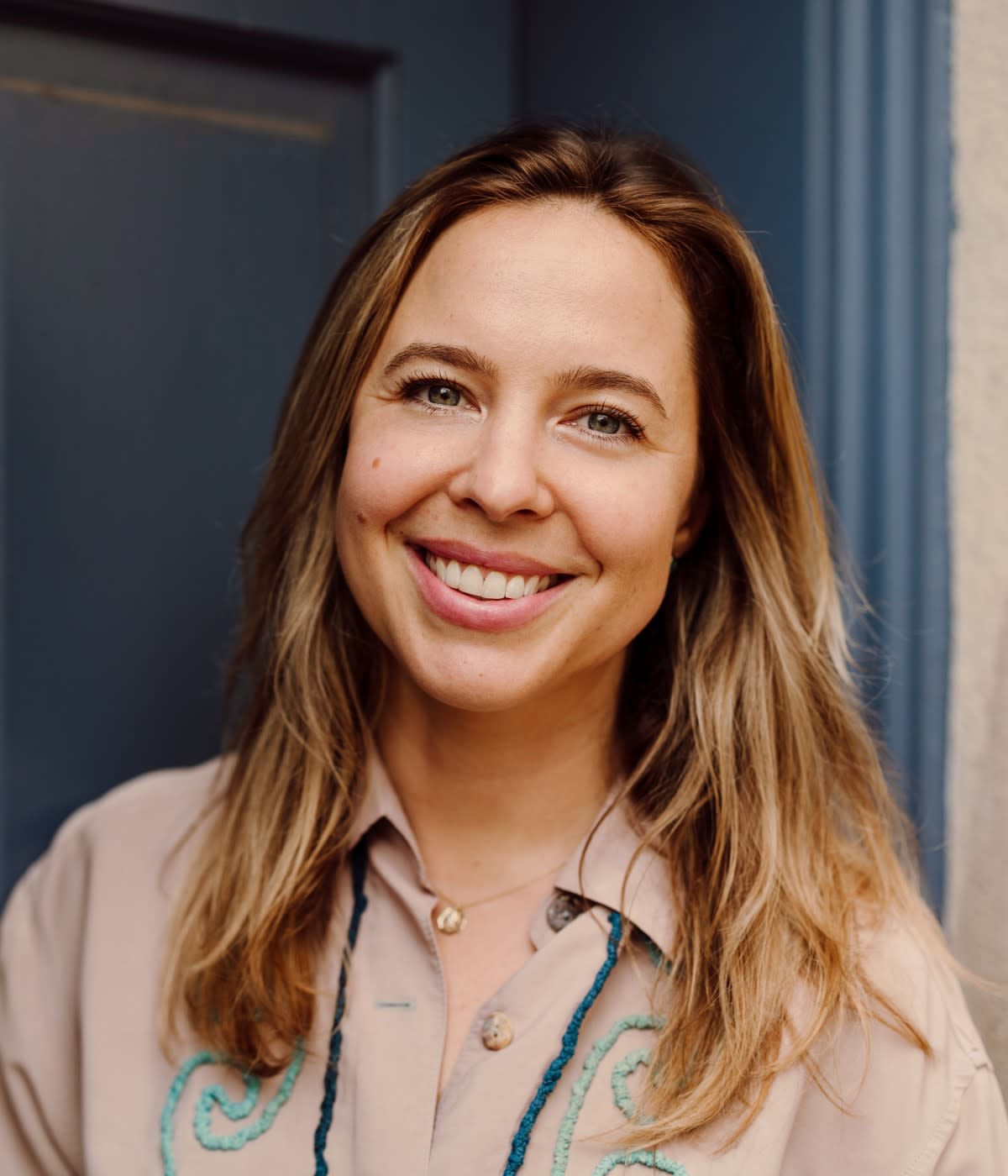My childhood was spent on a farm in Western Nebraska, where the nearest big warehouse store was an hour drive away. My town didn't have much in the way of technology, but whatever we could get our hands on was used by the farmers in the community to solve everyday challenges. To the surprise of many of my engineering peers these days, farmers are early adopters and quite willing to leverage technology wherever possible. Farmers are constantly pushing the boundaries of technology to get the most out of their land. Just look at precision agriculture, irrigation automation, or their position on the front lines of the Right to Repair movement, fighting to ensure everyone can fix their own tools. Even so, early adoption often involves a degree of trial and error.
I was the oddball kid in our community who’d help fix your computer for a few brownies or Rice Krispie treats. I wasn't any kind of expert, but I was willing to click around and try to figure things out. The owners of neighboring farms would have my mom drive me over, and I'd spend an hour or so trying to reinstall AOL or restart their computers—stuff they might have overlooked. It wasn't until college that I realized not everyone finds fixing computers as intuitive as I did. Realizing I could make a career out of this was empowering, because to me, it just felt like having fun. I love solving logic problems, and if it helps someone out that's even better.
In college, I got a minor in web design, which didn’t provide me with many of the DevOps automation and network engineering skills I’ve developed since graduating. That was mostly self-taught, and it wasn't always a smooth ride. I would spend time on Stack Exchange looking for help, and instead of finding guidance. The top answers were usually, "Why would you even try to do it this way?" There's a lot of gatekeeping, which can make it challenging to feel like you belong.
Struggling through without the right background or resources often felt like a lonely battle. But I came to understand that there are many others like me grappling with the same hurdles and in danger of being pushed out of the field. That's why I started my blog series, "Let's do DevOps," why I run a YouTube series on cloud computing, and why I give conference talks. I wanted people to see that they can do it too. All you need is someone who's willing to help, and that can change everything.
It’s all about being patient, taking things slow, and reminding people it's okay to mess up. I've seen a lot of smart people in this field who are more interested in showing off than helping out. That's not me. I want to be the person who helps, the person who encourages and guides others. Because without help along the way, I would've just thought I was too dumb—and no one deserves to feel that way.
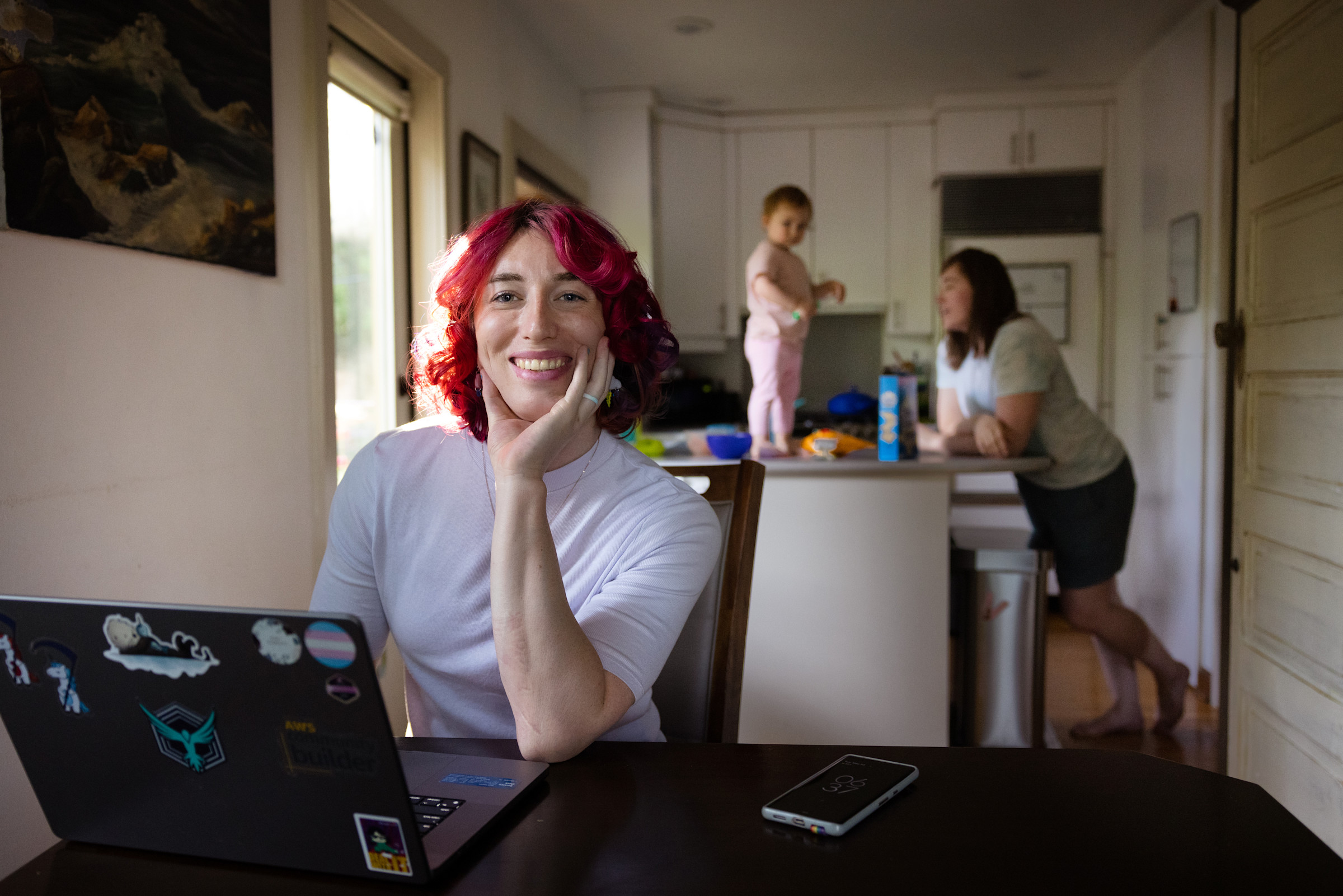
Finding allies in unexpected places
Several years ago I was interviewing for a job with a company that was looking for a staff security engineer for their cloud services team. The role required a high degree of technical proficiency and acute attention to security. The hiring panel was intimidating, filled with technical experts, which had me thinking, "I'm not as smart as you all are." But I was confident about my ability to do the job and, more importantly, to teach others.
To my surprise, when I brought up my talent for education it was dismissed as inconsequential. "That's not a skill set that's useful," they told me, discounting my ability to distill complex information into digestible knowledge for others. It was then that a member of the panel, a woman named Devina, stepped in to defend my perspective. "Hold up a minute,” she said. ”You're describing me. That's what I do here. You're saying what I do is not valuable."
A few days later, Devina called me out of the blue. She had been let go from the company. The same abilities they'd belittled in me were ones they decided were "useless" in her role. But Devina didn't let that incident shatter her spirit. She started a non-profit focused on teaching tech to underrepresented groups, especially women. Her initiative struck a chord with me. We were, after all, bound by the same mission: to make tech accessible to all.
That interview didn't result in a job offer, but it did lead to a valuable friendship with Devina and a reinforced belief in our shared vision. To this day, we continue to work towards removing the educational barriers for those eager to enter the tech world, focusing on the underrepresented groups often overlooked by traditional avenues. It's a journey that's far from over, but it's one we are committed to seeing through, together.

A change in identity and perspective
I came out as trans just a few years ago, mid-career, and fully aware of how I was treated as a man. People would listen when I spoke, my ideas were valued, and there was a tacit belief in my competence. But post-transition, that belief was replaced by skepticism and condescension, making me feel the need for male endorsement to have my ideas heard and my capabilities respected.
The shift in perception was puzzling and somewhat demoralizing. Considering the industry experience I had gathered over the years, it’s reasonable to assume my abilities were at least equivalent to what they were before my transition, if not better. But I found myself confronting skepticism even in professional settings. I remember being told that volunteering for projects was perceived as "aggressive" and "threatening," feedback I had never encountered before my transition. This differential treatment has been an eye-opener. It's a bitter truth that I have to work significantly harder to earn the same respect. But it's a battle I am willing to fight. In the grand scheme of things, it's a small price to pay for being true to myself.
My mission now is to ensure that the next generation has an easier path. Rather than perpetuate the gatekeeping I experienced in some forums early on, I hope to open the doors of learning for others, helping them climb the ladder of their careers, and ensuring they can stay true to themselves. While part of this drive is fueled by my desire for financial freedom and independence, a large part of it is rooted in my desire to help others, just as I was helped along my journey.
In the end, my experiences and struggles have shaped me into who I am today. They've taught me that being true to oneself, while it comes with challenges, also brings an unmatched sense of achievement. And in my book, that's a win not just for me, but for everyone who learns from my journey.
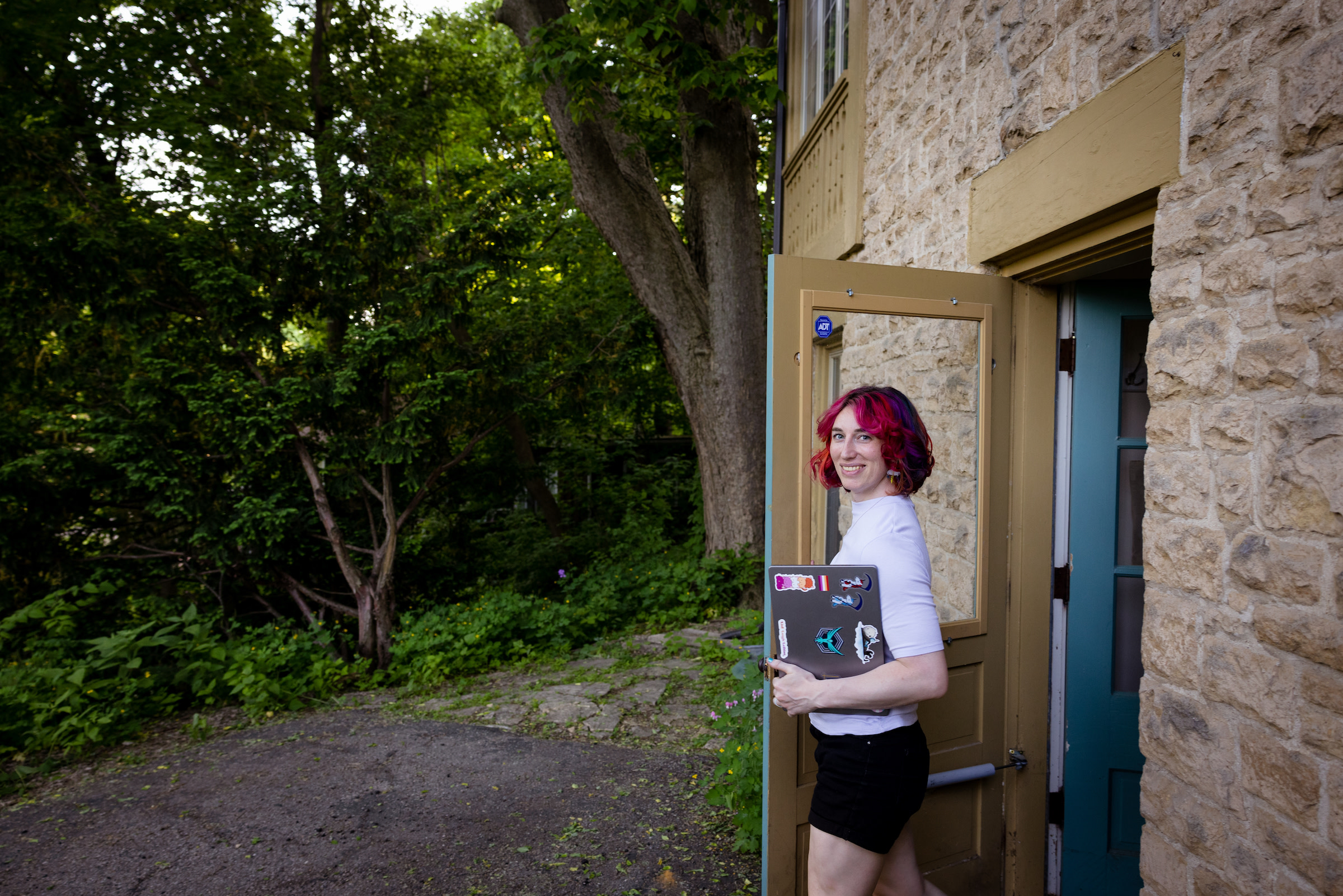
Breaking down complexity
Throughout my journey from a farm in Nebraska to the high-tech industry, the importance of inclusivity, learning, and community has remained a constant. With every computer I fixed, every blog post I wrote, and every cloud computing lesson I conducted, my goal was to create an environment of learning and inclusivity. As an oddball kid fixing computers for treats, or as a tech educator empowering underrepresented groups, my drive has always been to educate and bring people together. I've seen the value of a patient guide who's willing to help, because without that, I wouldn’t be here today.
This journey has taught me that if you can understand the basics, you can achieve anything. All the seemingly complex technology like Kubernetes and CI/CD automation can be broken down into basic components. This is why I see myself primarily as a teacher—it's a role that informs my writing, educating, and engineering. It's a role that reminds me that we all start from the basics, and we grow by understanding them and building on them.
The culture of the tech industry, and our society as a whole, can benefit from this approach. Learning should not be an exclusive domain. We should all feel free to ask, to fail, to learn, and to grow. We should view each other's growth as our collective victory. In the end, I'm just the farm kid turned cloud security chick who loves to solve problems and help people. But along the way, I've learned the power of education, community, and inclusivity. And I believe these are values that can change our world for the better, one simple lesson at a time.

Check out Kyler’s session at GitHub Universe 2023, on November 8! Grab your tickets now.

